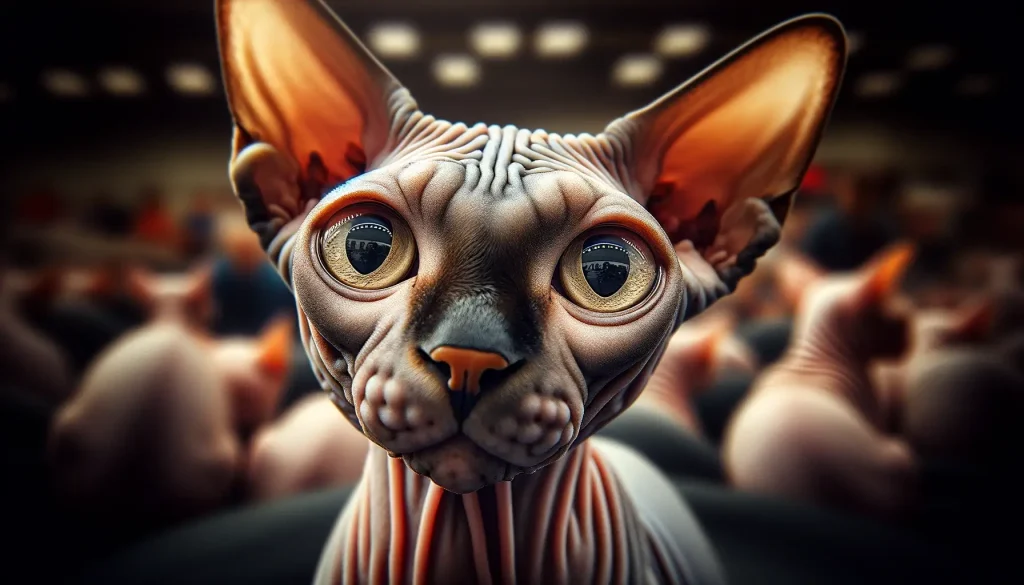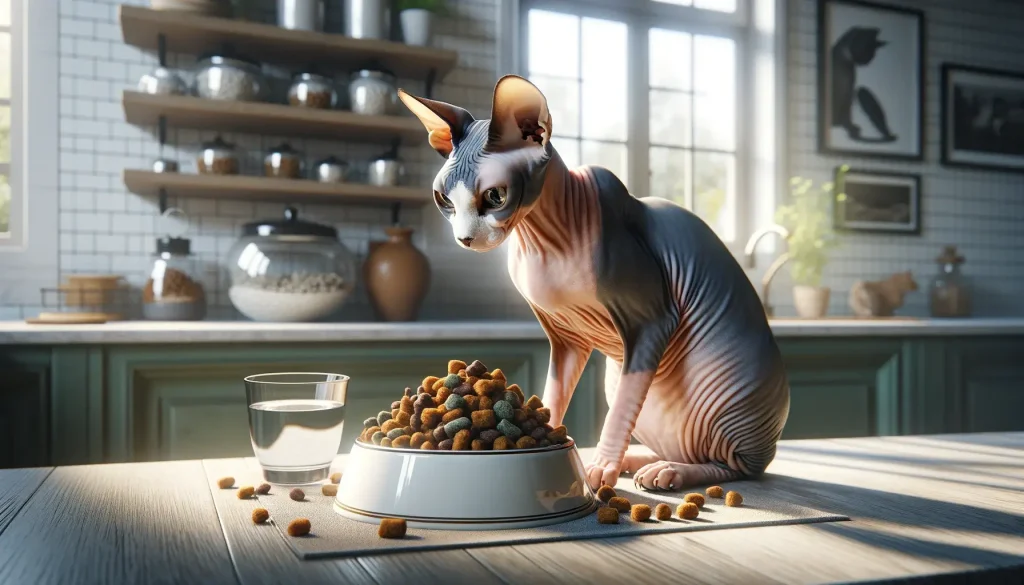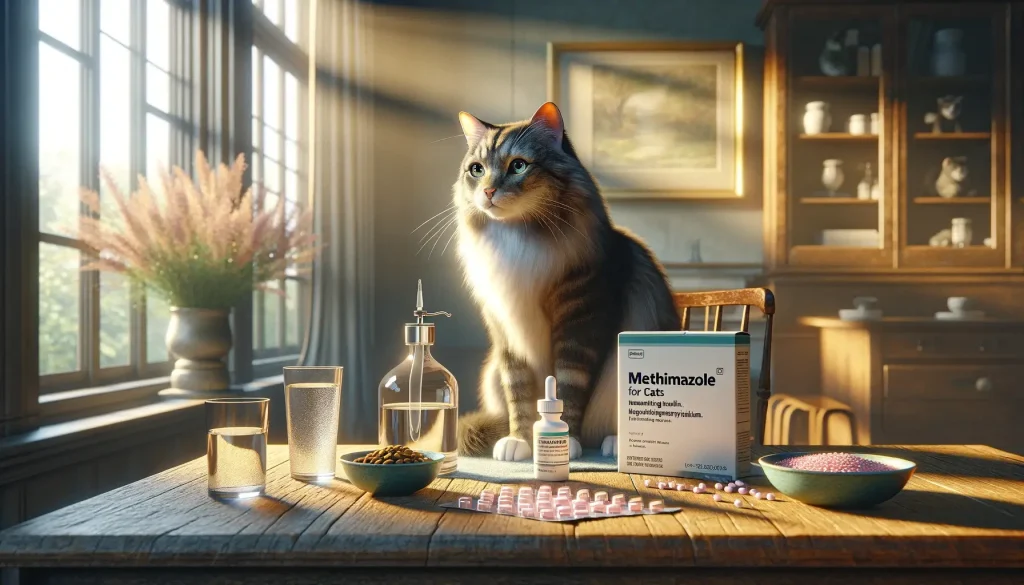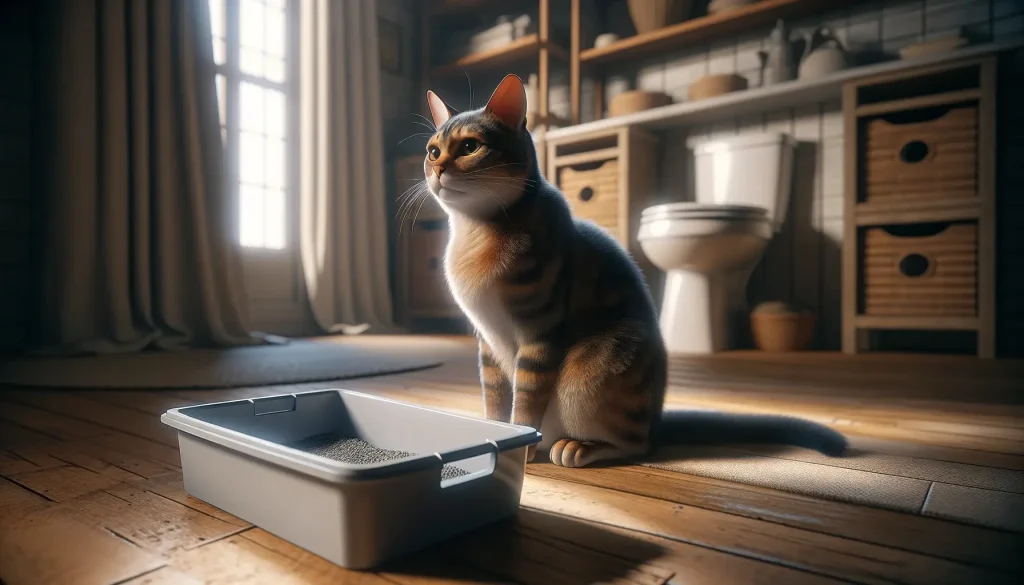
Providing care for a Sphynx cat goes beyond the basics of pet ownership. Their distinctive hairless body makes them stand out, not just in looks but also in their care requirements. From grooming to dietary needs, Sphynx cats demand attention and love. But how can you ensure that your Sphynx cat receives the best care possible?
In this article, we’ll delve into the key aspects of Sphynx cat care, touching upon their grooming needs, the importance of regular veterinary check-ups, and their unique dietary requirements. We’ll also explore how to manage common health issues specific to the breed and share some interesting facts that highlight why Sphynx cats are such extraordinary pets. So, what does it truly take to care for a Sphynx cat, ensuring they lead a healthy, joyful life?


Sphynx Cat Dietary Needs
Diet is a cornerstone of Sphynx cat care. Given their high metabolism, these cats have distinct dietary requirements that set them apart from other breeds. Let’s dive into what makes their diet so special and how you can ensure they’re getting the nutrition they need.
Firstly, Sphynx cats are pure carnivores. This means their diet needs to be rich in high-quality proteins to support their energy levels and overall health. While all cats require protein, the Sphynx’s higher metabolism means they may require more calories than their furry counterparts.
When selecting food for your Sphynx, look for options that list meat as the first ingredient. Whether you opt for dry, wet, or a combination of both, the key is to ensure the protein source is of high quality. Chicken, turkey, and fish are excellent choices.
In addition to protein, omega-3 fatty acids are beneficial for keeping your Sphynx’s skin healthy. These can be found in fish oil supplements or in certain commercial cat foods that include fish as an ingredient.
Another important aspect to consider is hydration. Sphynx cats can be prone to dehydration, so besides fresh water, incorporating wet food into their diet can help maintain adequate hydration levels.
Lastly, regular check-ups with your vet can help determine if your Sphynx cat requires any specific vitamins or supplements. This could be especially important in managing any potential heart disease risks, a concern within the breed.

Sphynx and Kids
When considering adding a Sphynx cat to a family with children, many parents have questions. Are Sphynx cats good with kids? The answer is a resounding yes.
Sphynx cats are known for their social and outgoing nature. They thrive on interaction and love being the center of attention, making them excellent companions for children. Their playful and affectionate demeanor can be a source of joy and entertainment for the whole family.
However, it’s important to teach children how to handle these hairless wonders properly. Sphynx cats, while resilient, have delicate skin that requires gentle care. Kids should learn to pet them softly and avoid rough play that could harm the cat’s skin. Additionally, because Sphynx cats seek warmth, they enjoy snuggling, which can be a wonderful way for kids to bond with their pet.
An interesting note is the Sphynx cat’s patience and tolerance levels. They are generally more tolerant of noise and activity, traits that align well with the dynamic environment of a household with children. This adaptability makes them not only compatible but often integral members of their families, engaging in activities and seeking inclusion.
For families considering a Sphynx cat, integrating one into a home with children can be a smooth and rewarding experience. Just ensure that there’s supervision in the early stages of their relationship to foster a deep, mutual respect between child and pet. This careful introduction can lead to a beautiful friendship that enriches the family dynamic.
Beginner Guide to Raising Quail at Home
What are the Signs of a Dog Concussion?
What Causes Your Dog’s Ears to Smell Bad?
When your dog’s ears start to emit an unpleasant odor, it might leave you puzzled…
Methimazole Treatment for Cat Hyperthyroidism
Methimazole plays a crucial role in managing feline hyperthyroidism, a condition marked by an overactive…
Got Hummingbirds in your Backyard? Here’s How to Care for Them.
Why Does Your Cat Pee Outside the Litter Box?
Cat’s Litter Box Issues It’s not uncommon for cat owners to face the frustrating dilemma…




